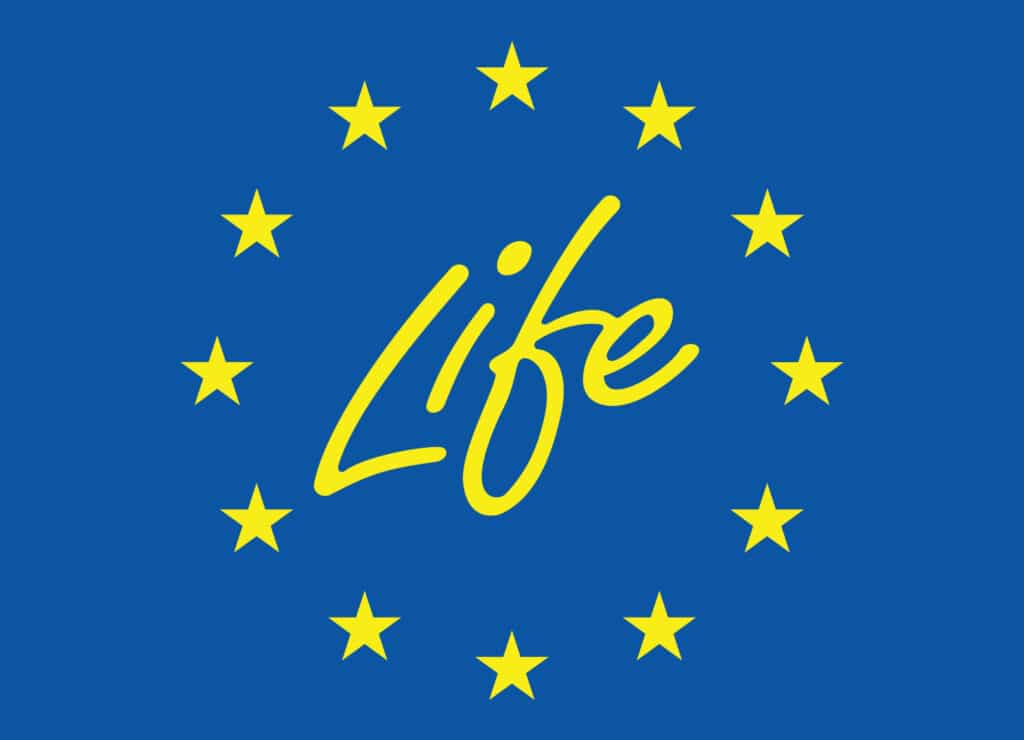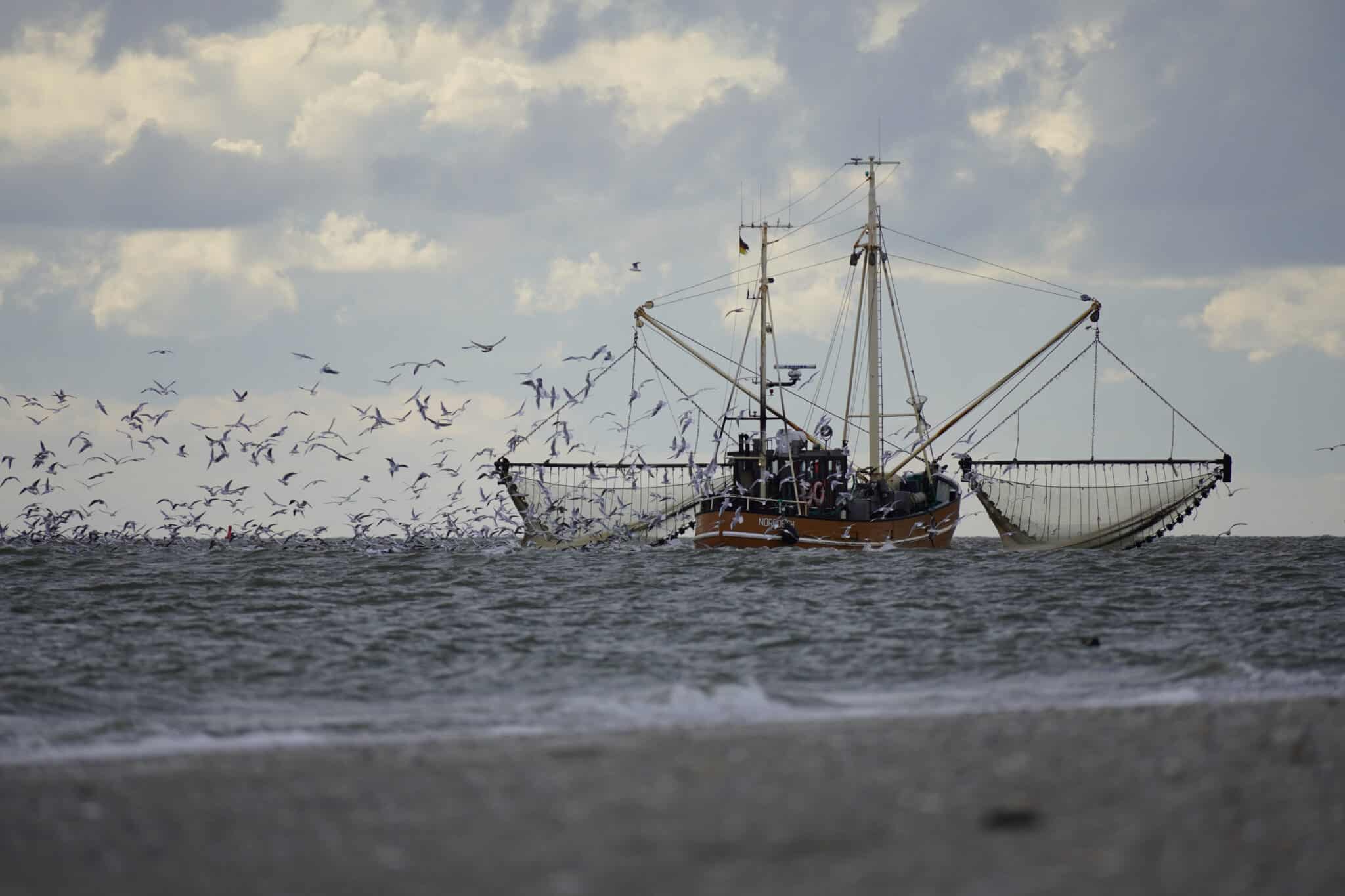Choosing the right path at this turning point in history

Together with 68 other civil society organisations, we call for solidarity and a strong commitment to the ecological and social transition for resilience, energy independence and peace.
Russia’s war against Ukraine is a horrific act of aggression and a failure of diplomacy. It is a turning point in history – for Ukraine, for Europe and for the international order. The conflict has demonstrated the lengths to which the Kremlin will go to push its agenda. It has also revealed the EU’s deeply compromising dependence on Russian fossil fuels. We cannot ignore that we live in a world where autocratic regimes can and will wage war and seek to undermine the multilateral democratic order. Our way of life, politics and governance need to adapt to this new reality.
The European Union today is essentially a peace project as it was conceived of in the aftermath of the two horrendous world wars that wrecked Europe and embroiled the world. Politicians said ’never again’. The EU must stand in solidarity with Ukraine and those fleeing from the war, while isolating Putin’s regime politically and economically. At the same time, we cannot lose track of our path and need the EU to respond with a clear commitment to accelerate the green and just transition to ensure our sustainability, resilience and independence.
We, civil society, ask that decision-makers across the EU recognise the fundamental need to work together as never before for our common future and commit to:
1) Call for Immediate Peace and Stand in Solidarity
- With Ukrainians – for their right to territorial integrity and self-determination, cutting off EU’s financial streams to the Russian regime; for the millions of refugees, through residence status in the EU and funding; for the eventual reconstruction of the country; and underlining that the EU is Ukraine’s partner and can be its home;
- With all people fleeing to Europe – defending the universal human rights of all people, including the right to seek refuge and asylum; ending the unbearable unjust treatment of refugees of other crises and conflicts who arrive in Europe; calling on the EU and the EU governments to agree on a new European policy for legal immigration;
- With countries taking in refugees – enabling the use of the EU’s Cohesion and other funds to facilitate acts of solidarity; allowing all municipalities the opportunity and financial support to offer admission quotas in order to participate in migration politics and act as safe harbours;
- With civil society and trade unions in Ukraine, across the EU and EU candidate countries, and with civil society organisations and trade unions in Russia and Belarus, that are being shut down – supporting the role and capacity of civil society and a free press will strengthen democracy and resilience to authoritarian regimes and increase social cohesion in the face of totalitarian propaganda;
- With countries in the Global South who are facing rising food and energy prices, by supporting an internationally coordinated response within the structures of the Committee on World Food Security to address the hunger crisis that has been on the rise since 2014; collaborate to support social security systems and support small-scale farmers in the Global South in sustainable food production, rather than subsidise more EU food exports at the cost of long-term sustainability, biodiversity, water and soil protection in the EU; and to implement immediate measure to stabilise global food prices and secure the right to food for all people.
2) End all Russian fossil fuel imports and commit to accelerating the path to full independence from fossil fuels
- Immediately reduce and swiftly eliminate Russian fossil fuel use: from restrictions and sanctions on fossil fuel imports to major efforts at reducing energy demand across the EU both for private households, the public sector and industry. Concerted efforts to cut energy are strong signals of political will, solidarity and enable political courage to fully turn off the tap to Russian oil and gas;
- Resist replacing Russian fossil fuels with a new dependency on other autocratic regimes or highly polluting practices. We cannot afford to lock ourselves into further fossil-fuel dependency with ensuing political dependency, at the same time fuelling the climate crisis that is proving a global catastrophe, or compromising health and the environment through an expansion of fracking and new pipelines, which create more lock-ins;
- Make an immediate commitment to 100% sustainable renewable energy sources at the latest by 2040 and invest in developing maps of suitable and unsuitable areas to protect biodiversity and communities across Europe;
- Advance deeply transformative policies and investments towards energy savings, energy and resource efficiency, circular economy and sufficiency measures. This will expedite the transition away from Russian fossil fuel and material dependency, be a more efficient solution for matching supply and demand, enable 100% renewables and reduce the risks of price hikes of energy sources and natural resources;
- Ensure that the EU and national funding and wider incentives promote independence from fossil fuels and remove all subsidies and incentives that drive dependency and lock-in;
- Negotiate a strong Fit-for-55 climate package. Anything beyond a 55% reduction is an additional contribution to reducing fossil fuel dependency and a step closer to what we need to avoid the climate emergency with its cataclysmic consequences;
- Exit the outdated Energy Charter Treaty (ECT) and withdraw the inclusion of gas and nuclear in the taxonomy. The ECT keeps us locked in a fossil fuel future and limits governments’ agency to reduce fossil fuel dependency. And the Ukraine crisis has underlined how counterproductive dependency on natural gas is, and the risks posed by nuclear power in military conflicts.
3) Ensure a socially just ecological transition away from fossil fuel and material dependency
- Maintain strong support for a truly transformative European Green Deal with commitments and clear milestones for delivering on decarbonisation, dematerialisation, circular economy, ecological transition and social justice to rapidly reduce EU dependencies on fuel and materials and strengthen economic, social and ecological resilience. This will reduce the potential for conflict and minimise the risks that such dependencies tie our hands politically. The EU’s ecological transformation project reduces long-term risks of conflict on resources, provides a key opportunity to reduce social inequalities, and offers a purpose for the EU and hope to its citizens;
- Ensure that there is a fair share of the burdens and responsibilities, as well as a windfall tax on the profits by EU-based energy companies; that tax havens are shut down and loopholes closed, and that there is a move to effective taxation of wealth; reform outdated pricing schemes that create price volatility and drive fuel poverty and mobility poverty; reform subsidies supporting fossil fuel use and reliance, and ensure tax cuts to fossil fuels launched in response to the crisis are time-limited to avoid new incentives, lock-ins and support for Russian exports; and restrict speculation on key food commodities;
- Use tax revenues to invest in building renovation and measures to address fuel poverty, as well as in public transport and active transport and other measures to address mobility poverty, including free or low-cost public transport; strengthen social protection systems, including adequate minimum income schemes and poverty-proofed minimum wages and other support mechanisms, without age-based discrimination, and paired with carbon and pollution pricing measures, essential to drive the economy’s needed ecological transition;
- Invest in a Just transition. Commit to a strong and permanent Social Climate Fund with an ample budget to support the transition, complementing the EU Budget and EU recovery funding; ensure that the European Pillar of Social Rights truly leads the ecological transition by coupling the EGD with strong social policies, including measures to end precarious work that are drivers of poverty including energy and mobility poverty; and ensure solidarity across regions and use of EU funds to help transition away from fossil-fuel dependency.
4) Resist false and short-term solutions
- Recognise the vulnerabilities of the current system highlighted by the war to speed up transformation to a nature-positive food system: Nature’s ecosystems are our life support systems. Ecosystem health is essential for our resilience to climate change, for food and water security and to provide the air we breathe.
- Resist the calls from vested interests to suspend green initiatives and adopt the Nature Restoration Law and the revised Sustainable Use of Pesticides Regulation within weeks, step up the implementation of the Biodiversity, Soil and Farm to Fork Strategies and commit to a truly regenerative economy. Like climate change, biodiversity loss and ecosystem collapse are existential threats to humanity and do not stop for anyone;
- On fertilisers, feed and food: focus on sustainable solutions instead of even more intensive agriculture practices in the EU – on agro-ecological practices, on less and better animal farming with high animal welfare standards, reduced meat, dairy and egg consumption, and accelerating initiatives to reduce food waste. European food systems, both where they aim at ensuring food security in the region and globally must be fully coherent with the Green Deal and embedded in longer-term transition plans;
- Do not ramp up the burning of forests on grounds of energy independence and phase out the use of food crops for biofuels: other measures are far more effective and do not undermine air quality, public health, and biodiversity;
- Resist calls for deregulation of environmental safeguards – we need social and environmental protections. For example, the proposed fast-tracking permitting for renewable energy can help in some cases, but evidence-based environmental assessments and local participation remain essential for selecting the right projects, location, and ensuring community support. In addition, resist the call for derogations from important environmental safeguards – on nitrates, on pesticides residue levels, on CAP conditionality. The EU has environmental and health protection measures in place for very good reasons, and the crisis does not diminish the need for these protections.
5) Stand up for EU values and human rights globally
- Recognise that the EU is a peace project and that this conflict is part of a wider attack on the European model of peace, democracy, citizen and civil society engagement, and respect for the rule of law;
- Invest in diplomacy, human rights and fair and sustainable trade practices with like-minded partners across the world. Only with deep mutual respect and bonds can the assault on the world order by authoritarian regimes have a chance of being halted, collectively. This is our joint responsibility. It is also a necessity for our way of life.
The EU must remain a peace project at this turning point in history. We, civil society, call on you to commit and implement the above. This can ensure that we are not victims of history but architects of a peaceful and sustainable future. Our common future.
We ask that decision-makers across the EU recognise the fundamental need to work together as never before for our common future and commit to the above.
Picture credits: Yves Adams
You might also be interested in:
 | Stichting BirdLife Europe gratefully acknowledges financial support from the European Commission. All content and opinions expressed on these pages are solely those of Stichting BirdLife Europe. The European Commission is not responsible for any use that may be made of the information it contains. |









